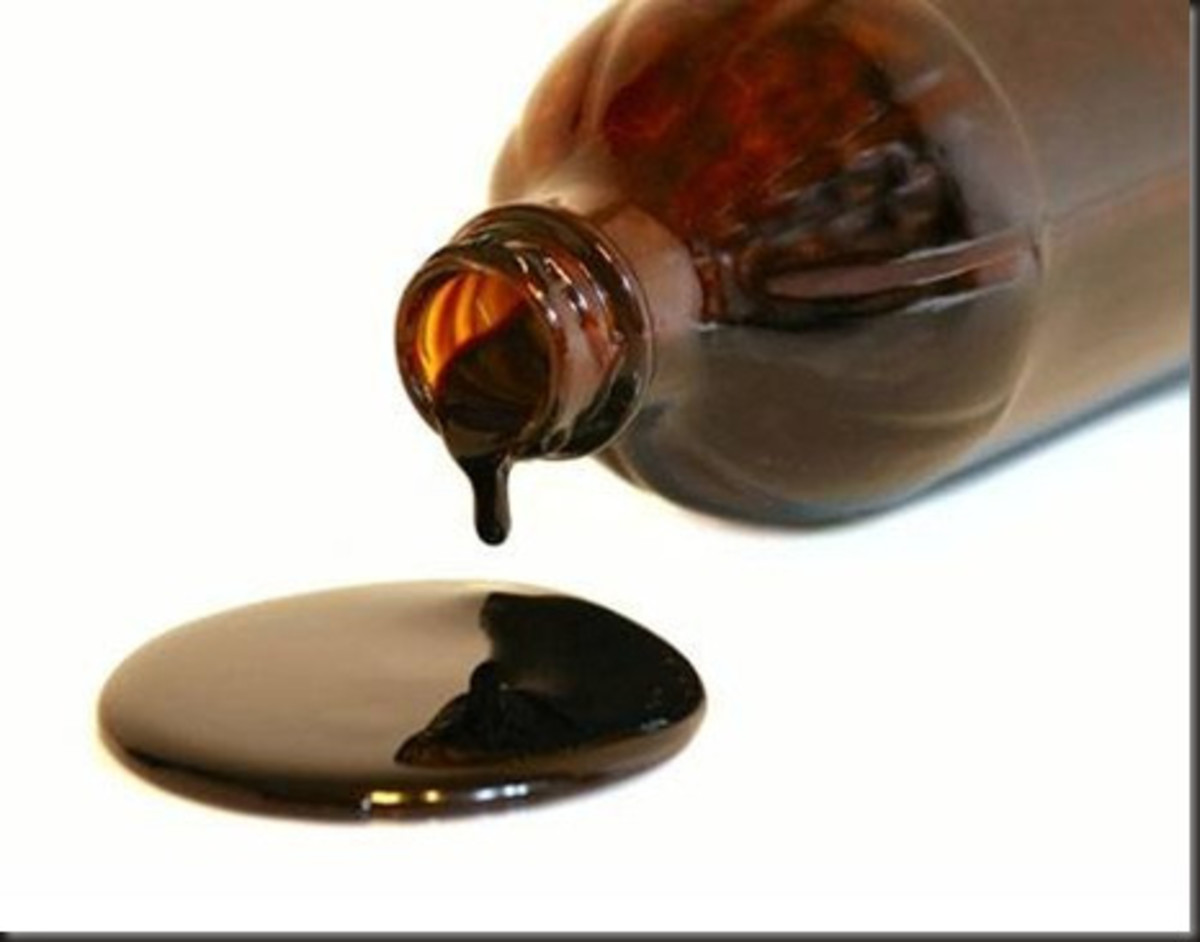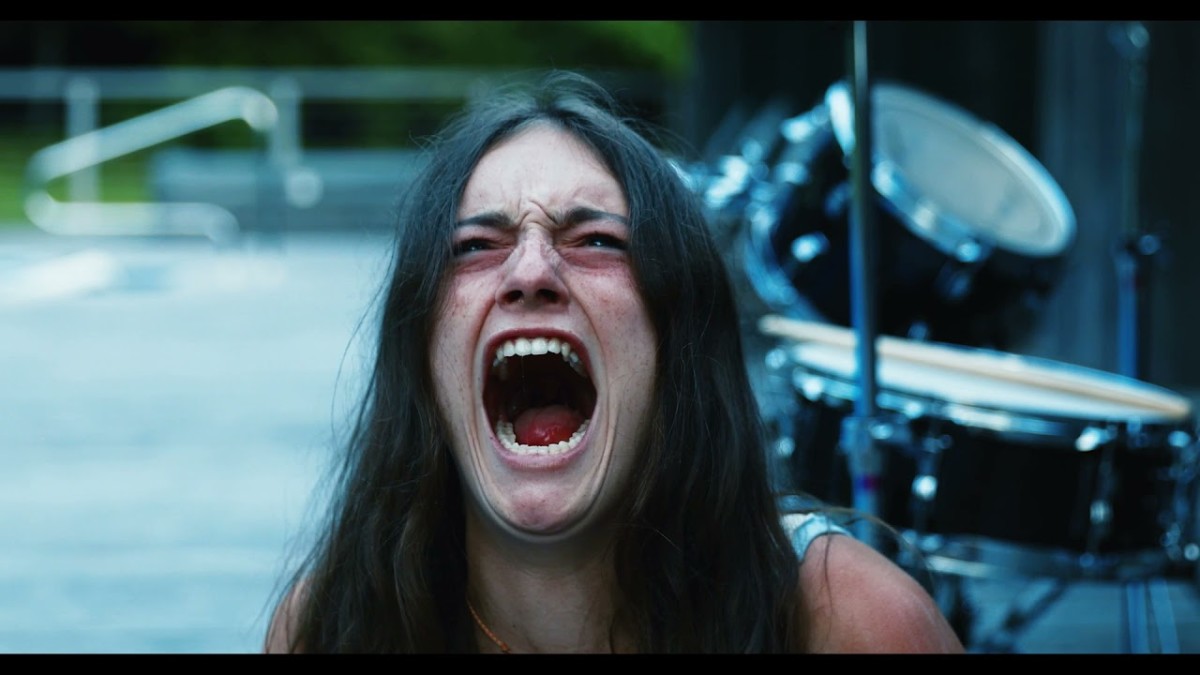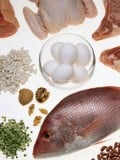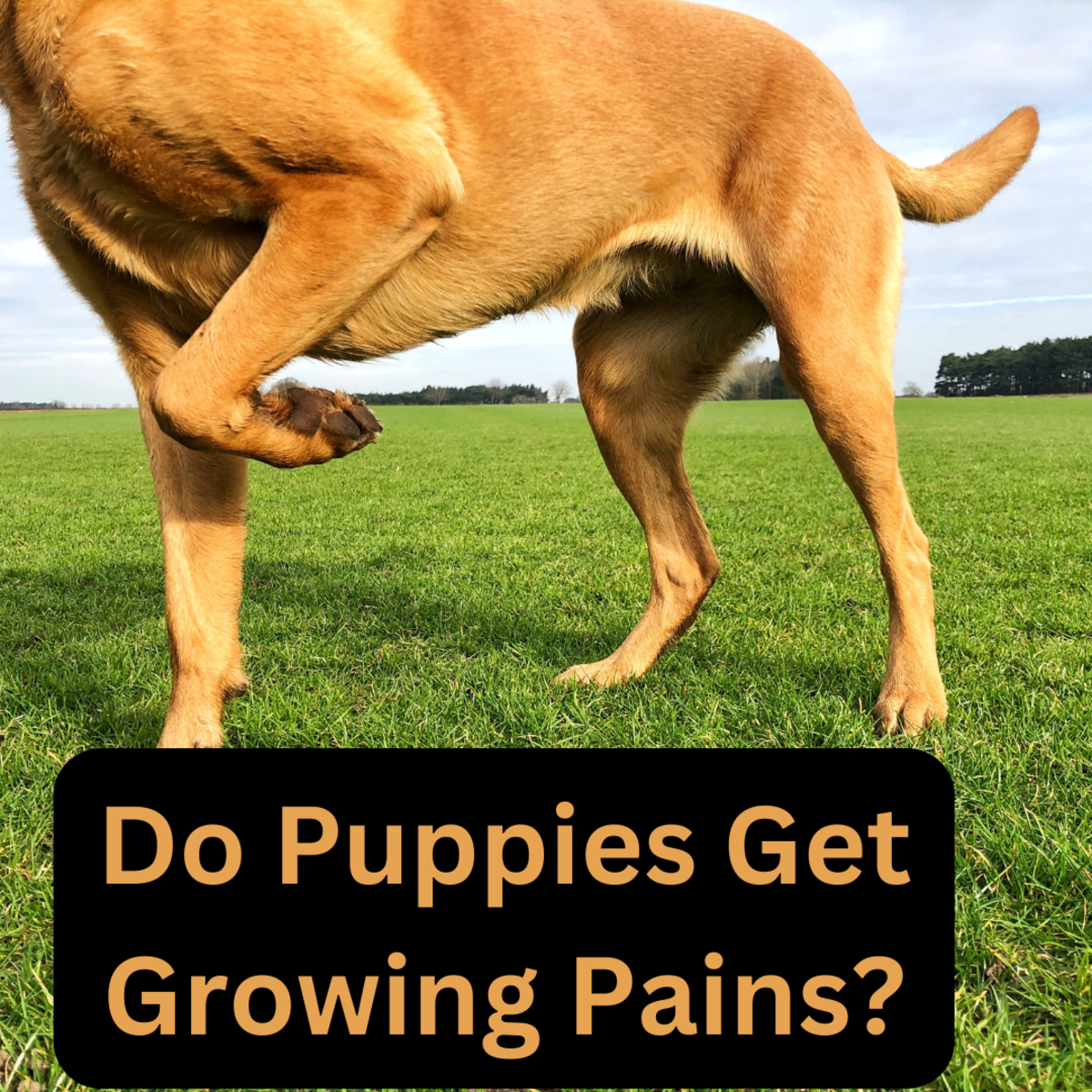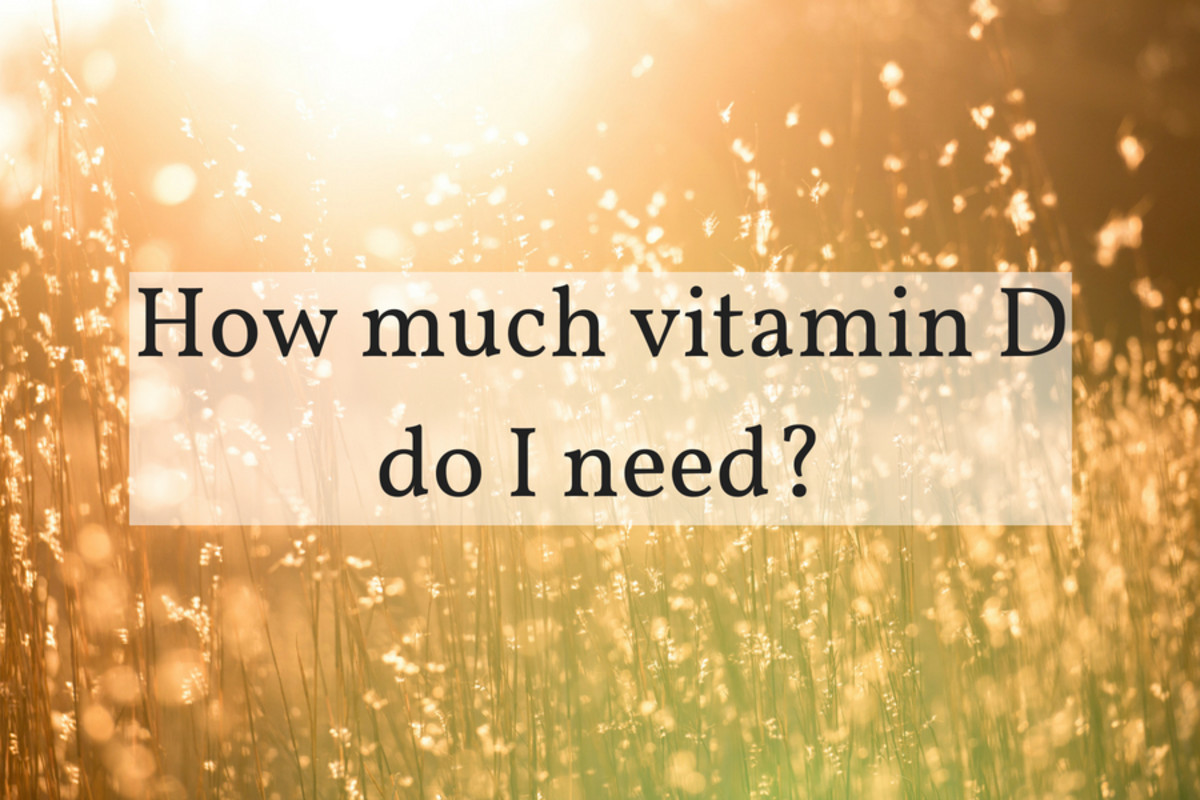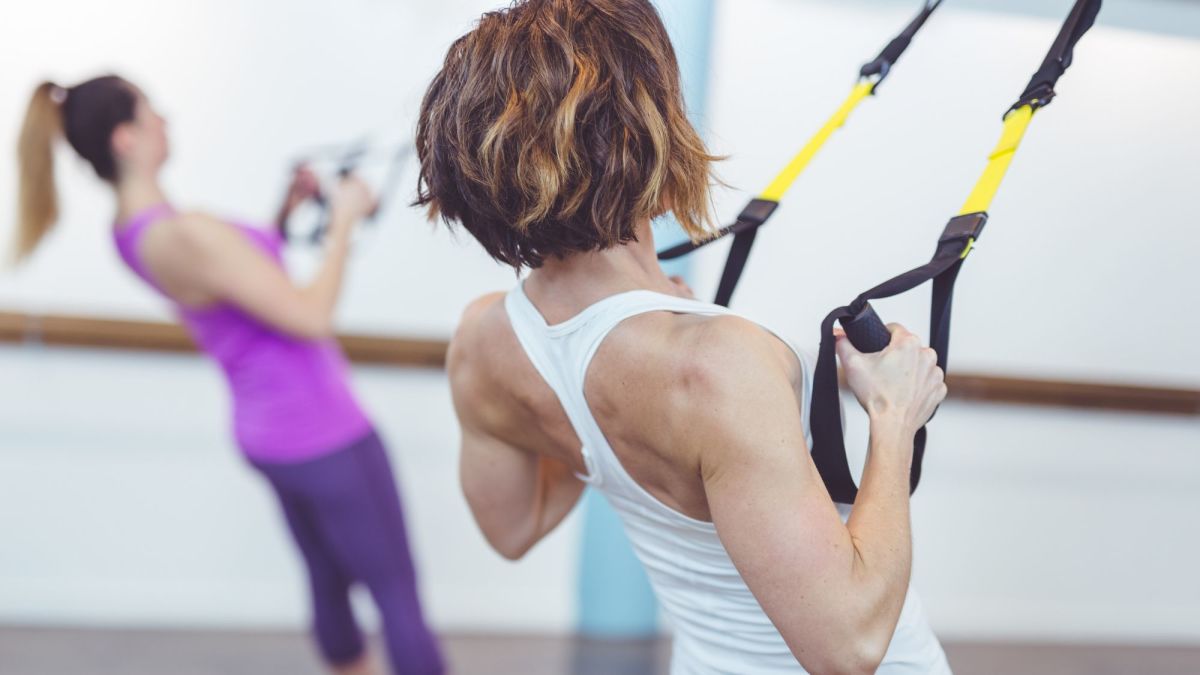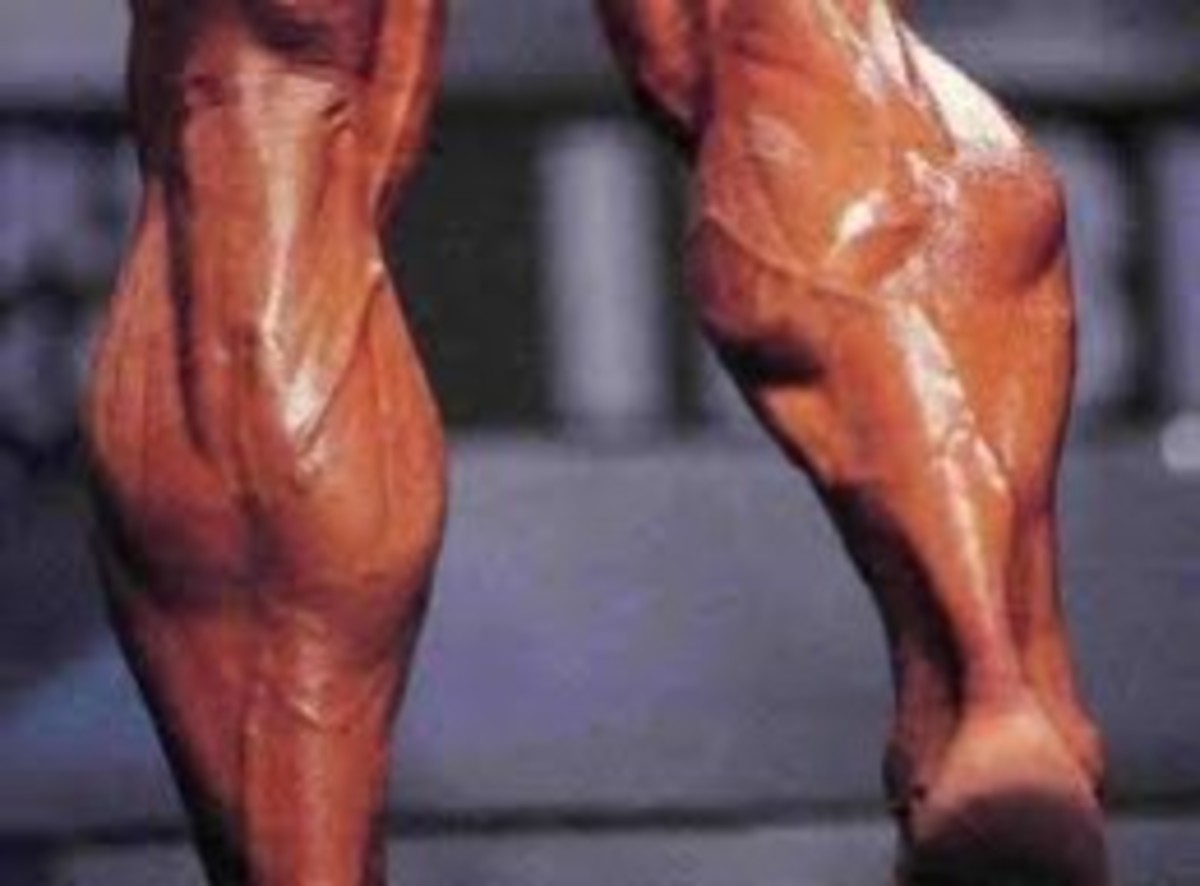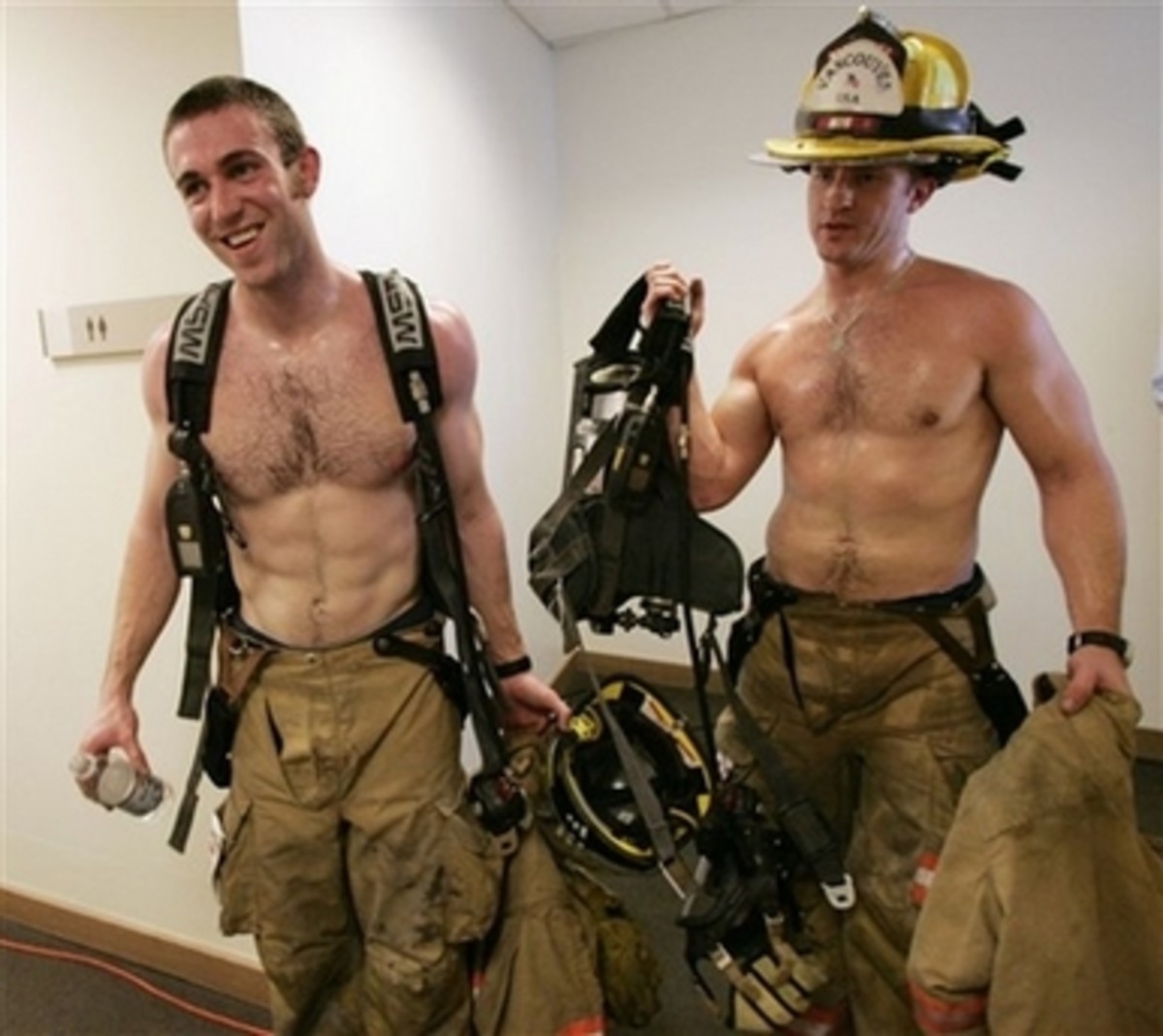Children's Leg Growing Pains
When I was little, I used to have pains in my legs all the time, especially If I've had a day full of exercise or activities where I heavily used my legs. Even if it just involved standing for long periods, I'd get these pains. The pains weren't "sharp." They were sort of dull and throbbing, kind of like an all-around leg pain. I think many health professionals attribute this to tiring-out of the muscles, or as the result of legs stretching - to grow. I now suspect that it could have something to do with vitamin deficiency as well. In any case, it's very uncomfortable and makes it difficult to rest or go to sleep. It used to bother me so much that sometimes, I'd cry lying down on my bed. The constant pain as was just unbearable. Unfortunately, my children also seem to have this problem. They frequently complain of hurting legs. From experiencing these pains myself and from helping my kids deal with them, here are some tips on how to combat these pains.
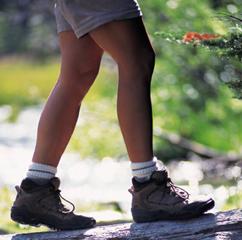
The easiest and most straightforward thing to do to help alleviate the pain is to massage the legs using firm, squeezing motions. Place your hands on the sides of each leg and firmly squeeze the legs running your hands up and down the legs. That is, squeeze the upper part, then move your hand lower and squeeze, and so on. After about 10 minutes, this should have alleviated most of the pains so that your child should be able to go back to sleep. If not, you can try some more massaging. With my own children, I've sometimes had to massage their legs for 30 minutes or more! It's tiring, but that's what you do as a parent.
Either after or during the massaging, you can prop-up the legs (e.g., using pillows) so that they are elevated. This seems to help in reducing the pains. It also could help in preventing the onslaught of the pains. From personal experiences, it seems to have minimal impact but any little bit is helpful for such situations.
You can also have the child's legs and feet soaked for several minutes in warm/hot water. That seems to have a soothing effect. A combination of this and leg massaging seems to work well. Similarly, a long hot bath may also help to reduce the pains. Since heat appears to help combat the pain, I would recommend that you do whatever you can to cover the legs to keep them insulated. A heating pad underneath the legs would also be a good idea.
If none of these things work, some pain medicine may be warranted but only after you've discussed the issue with your doctor. I wouldn't give anything to your kids unless you've consulted with a health professional.
One other thing to consider is the vitamin issue. There may be others that suspect this as well: vitamin deficiency may contribute to leg pain. As such, it couldn't hurt to make sure your children get enough milk and orange juice. Supplemental vitamin tablets may not be a bad idea either. I know for a fact that I didn't get enough milk when I was growing up, mostly because I was lactose intolerant. I also didn't get enough of vitamin C as evidenced by my poor gums. Whether that made any difference remains to be seen, but again, it couldn't hurt to make sure your children get enough vitamins.
Regarding vitamins, it's been mentioned that magnesium deficiency may also contribute to this issue. I would recommend consulting a doctor about this. Normally, magnesium deficiency has been linked to restless leg syndrome which is different than growing pains. But since vitamin deficiency is usually not limited to just one element, it may be worth consulting with a doctor.
Finally, let your child know that you care about his/her hurting legs and know why it's happening. That reassurance seems to do wonders psychologically. The pain will seem worse to a child if the parent does not appear to understand the pain.
- How to Deal with your Child\'s Hurting Legs: Growing Pains | eHow.com
How to Deal with your Child's Hurting Legs: Growing Pains. Kids get growing pains in their legs, usually in the upper part of the leg (e.g., near the thighs). It's commonly believed among doctors that the pain is the result of "tiring-out"...

